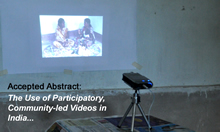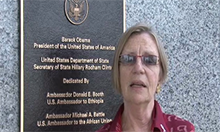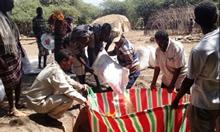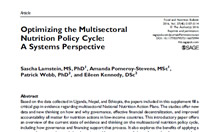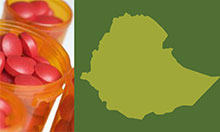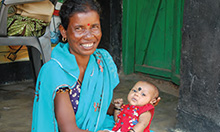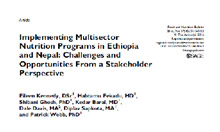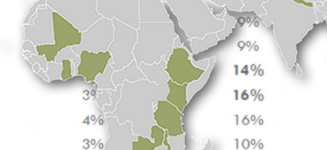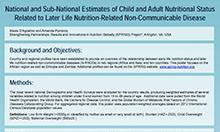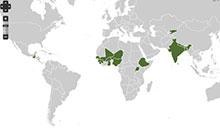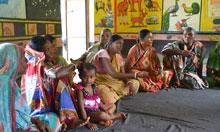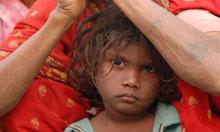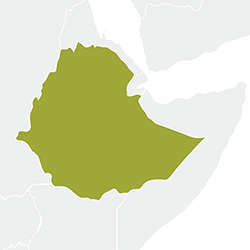
SPRING explores using agricultural frontline workers to deliver nutrition messages
In Ethiopia, as in other countries, Feed the Future activities aim to improve the nutrition outcomes among vulnerable populations in their zones of influence. One strategy adopted by implementing partners has been to instill nutrition messages into the roles of existing agriculture frontline workers. Ethiopia's grassroots agriculture extension is carried out by Development Agents, who are civil servants working in individual kebeles, or communities, in teams of three to four, with each agent specializing in a relevant technical area such as crop production, livestock production, natural resources management, or irrigation. Nutrition had been a topic almost exclusively handled by separate Health Extension Workers, and there had been no meaningful overlap between the work of the Health sector and the agriculture-focused Development Agents.
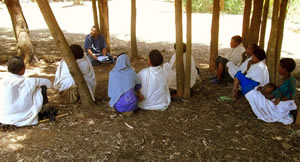
SPRING is building a comprehensive understanding of how agriculture extension can play a role in promoting behavior change for nutrition. SPRING is documenting the mechanisms and processes involved in the integration, and capturing the experiences to-date for the benefit of Ethiopian stakeholders and the broader Feed the Future initiative. The resulting report will contribute to the literature on how the particular approach to integrating nutrition into agriculture can be designed and implemented and how key stakeholders should be supported in the process.
